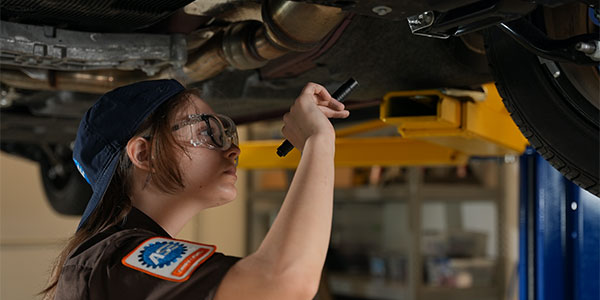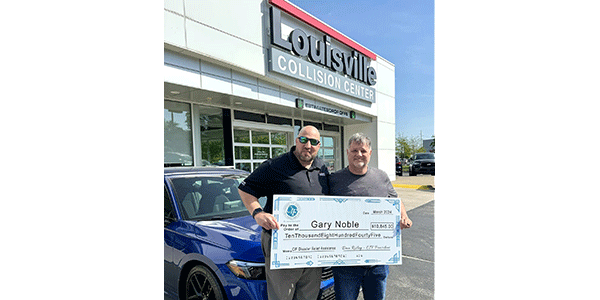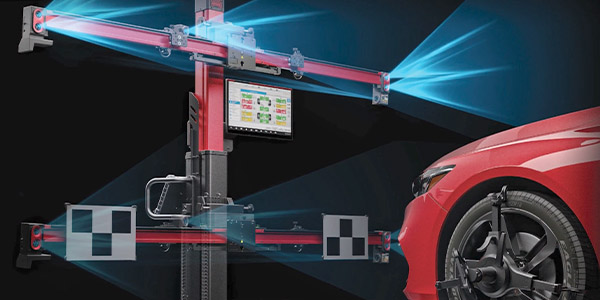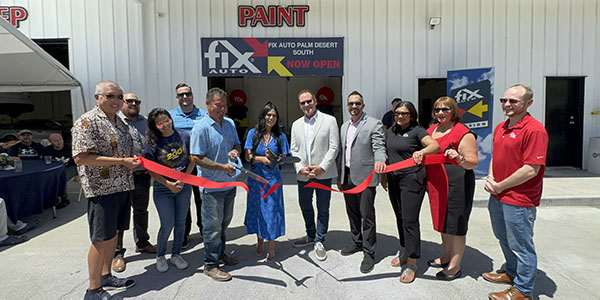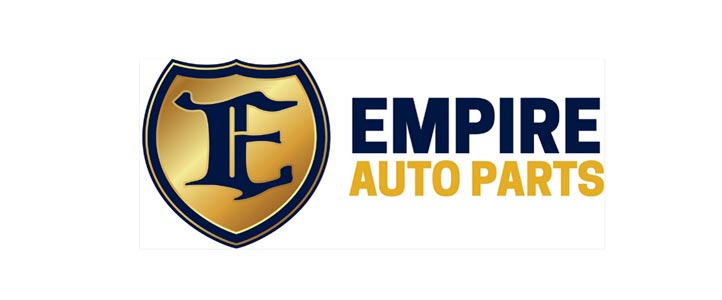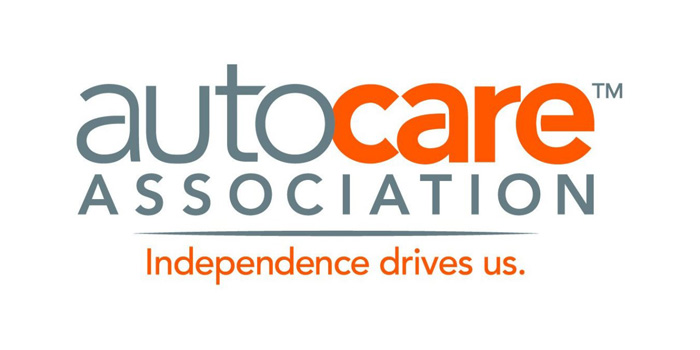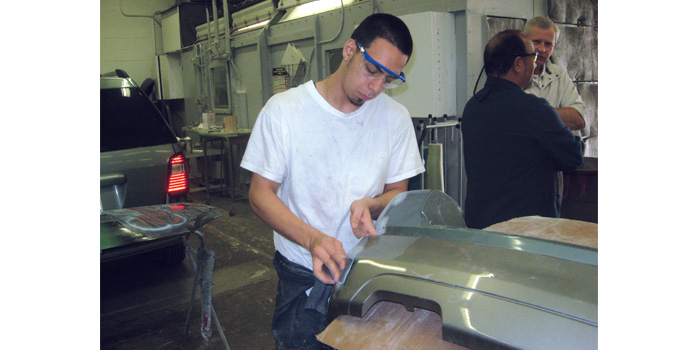 “What does the future employment picture look like for entry-level techs in the collision repair industry?” — Bill Burnette, instructor, Regional Career Tech Center, Ypsilanti, Mich.
“What does the future employment picture look like for entry-level techs in the collision repair industry?” — Bill Burnette, instructor, Regional Career Tech Center, Ypsilanti, Mich.
Question answered by: Clark Plucinski
I was recently involved in helping to open a brand-new collision repair college degree program at Fayetteville Technical Community College (FTCC) in Fayetteville, N.C. At the end of a very long day, I was both proud and amazed at seeing more than 500 people from all over the industry make the trip to celebrate the grand opening. After the ceremony was over, I quietly watched as the enthusiastic students worked as a team, cleaned up, put things back in order and went home with a smile. I marveled at the incredible support and the positive messages the students received from the industry.
When the last light was turned off, myself and Paul Gage, the director of the school’s collision repair program, walked outside. I asked what he did to convince 70 amazing students to join a program that didn’t even have a completed building just a few days earlier. He said that over the last several months when he interviewed students, he began with, “If you like engineering, we will show you the complexities of a late-model vehicle repair. If you like art, we will show you the craftsmanship it takes to bend and reshape today’s vehicles back to their pre-accident condition. If you like science or aerospace, we will teach you how to work with magnesium, aluminum, carbon fiber, boron alloys and martensitic steels. And if you like people, we’ll teach you how to listen and interact with someone who has been in a serious accident and bring them comfort.”
Lots of Change
So much has changed. Words like excitement, futuristic and space age accurately paint the picture of a career in today’s collision industry. Most of this was brought on by the U.S. standards for Corporate Average Fuel Economy (CAFE) and safety. As a result, we now see multiple metals, composites and onboard computers in vehicles. These changes brought to light the need to attract and train highly talented people to handle the ever-increasing demand for trained techs to fix today’s vehicles.
At the Collision Repair Education Foundation, we’re working with students, instructors, administrators and parents to communicate these opportunities. A career in our industry is rewarding with great pay and benefits and an open highway to so many different roles. These are not the dirty, stinky, unhealthy, dead-end jobs portrayed so often on TV and movies. Sure, some still do exist; however, today’s billion-dollar, highly sophisticated collision businesses are becoming more the norm than the exception.
Industry Support
At the ribbon-cutting ceremony, North Carolina Governor Pat McCrory spoke about the need to fill more than 180,000 positions in the collision repair industry over the next few years. He spoke about the difficulty in getting folks trained to fix today’s complex vehicles. That evening, he used FTCC as his example in his State of the State address to highlight the significance of partnerships between industry and schools. He also talked about the end game being prospering businesses and happy, educated employees with well- defined career paths and well- paying jobs.
Through incredible industry support, the Collision Repair Education Foundation distributed approximately $14 million dollars in scholarships and grants in 2014 to support schools and their students. FTCC was one example of our many successes. Over the last six years, we’ve distributed more than $35 million in cash and in-kind support to help schools, students and their instructors meet the educational demands in our industry.
We are working to enhance the current programs through, as the Governor suggested, “industry partnerships” to improve the transition from student to full-time employee in the industry. As a parent, we should no longer consider it a bad thing for our daughter or son to enter a career and technical program in lieu of a four-year degree program. Using FTCC as the example, for an investment of $5,000 you receive an associate’s degree, $9,000 in employer-recognized industry certificates and an adjuster’s license. Plus, your credits transfer to North Carolina state universities for those who may wish to continue their education. Qualified students who graduate from FTCC’s program will enter their new career with a guaranteed salary, benefits and growth opportunities. What guarantee do you receive from a four-year college, and how much debt do you rack up in the process?
Today, there are many businesses in the collision space doing above a billion dollars in sales and employing thousands of employees. Their continued growth guarantees entry-level techs’ ability to prosper and will open the doors to countless other opportunities. As my dad always said, “Find something you love and continue to grow, and you’ll never feel like you’re going to work.” The collision industry offers that end and so much more.


